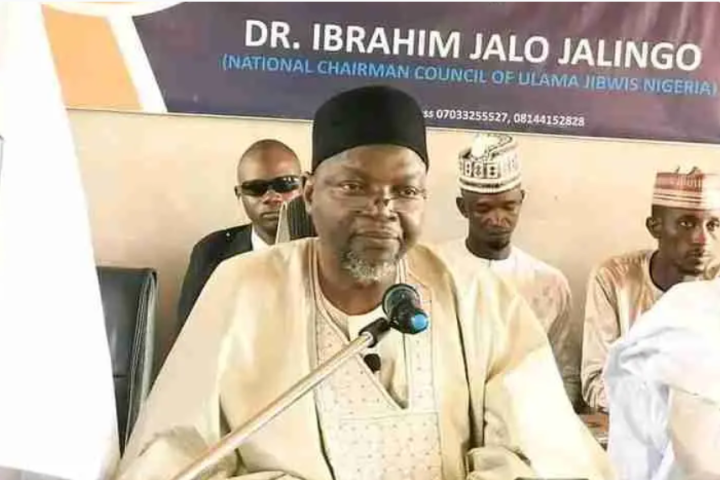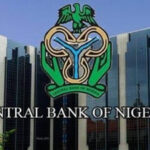These are not the best of times for the Nigerian banking industry. This is despite its increasing contribution to the National Gross Domestic Product annually. In 2023, the financial sector contributed a value of N3.8 trillion to the nation’s GDP, a 26.5 percent increase Year-on-Year from the N3.01 trillion reported in 2022. The banking sector is credited for more than 91 percent of the quantum of the 2023 financial sector GDP which translates to the critical place of the banking sub-sector in the overall national financial sector and by extension the national economy.
These figures are indicative of a sector that is operationally functional but, perhaps, could have been more robust and economically impactful if the right and appropriate policies were deployed and implemented.
Join our WhatsApp ChannelAs it were, the situation report on the standing of the banking industry is a reflection of bedlam, a confusion of a magnitude that has continued to rock and threaten the sustenance of the industry.
Indeed, it was as a result of a personal concern over the evolving erosion of the substances of the industry that I published an article on 24 January 2024 calling on President Bola Ahmed Tinubu to intervene to make Nigerian banks work for Nigerians.
My expressed reservation in that article was pivoted on the worrisome low stock market value of individual banks and the banking industry as a collective in addition to the under-the-line engagements that bank operators have resorted to in order to survive.
As depicted above, the Nigerian banking industry has the potential for impactful commercial activities on the generality of the people of the country and businesses that are strategic to the economic growth and development of the country if conscientiously regulated.
READ ALSO: How CBN’s Delay In Providing Market Guidance Triggers Naira Fall – Report
The reality, however, is that the operations of money deposit banks are getting more challenging with frightening implications for the survival of the banks and credit users in the public space. Undoubtedly, the Nigerian banking industry is the most regulated anywhere in the world but more worrisome is the strangulation effect that are becoming apparent in that sector of the national economy.
Indeed, a state of quagmire is what describes the industry at this time. This is consequent on the multiple of policies sometimes, conflicting and confounding that are being deployed in the sector. These policies are headlined by the order of the Central Bank of Nigeria to money deposit banks to recapitalise to up to N500 billion for the international banking license and at the same time increase, exponentially, benchmark interest which now stand effectively at above 32 per cent for banks. When this is added to the 45 per cent cash reserve ratio of deposits in each bank and 30 per cent liquidity ratio one can only imagine the narrow space banks are expected to operate within the economic space.
READ ALSO: Another Round Of Bank Recapitalization
All these, added together, have operational consequences for the banks, chief of which is liquidity constriction which is an albatross for banks that are supposed to recapitalise by more than 200 per cent of their current sizes. Nothing reflects a more oxymoronic scenario than this. On one hand, the banks are required to organically increase their capital base while on the other hand, they are held down by policies that limit their viability.
I have observed a number of the banks coming into the public space, feverishly canvassing to raise funds through public offers and rights issues to shore up their capital base but it’s obvious there’s not much excitement in the public space.
The Monetary Policy ratios have hamstrung the investing and business public who now have to contend with very high cost of credit with implications for investible earnings and disposable income. I am therefore, not surprised that there is a yawning gap of more than N4 trillion in the capital required to be raised to meet up the new regulatory capital base.
On this count, I call on the Governor of the CBN, Mr Olayemi Cardoso to take a breather from the implementation of these policies so as to review and align them to the practical reality of current circumstances. I have not come across this situation anywhere in the world where interest rates are preemptively hiked and, regulators insist on increasing capital base. This is simply a recipe for corporate chaos.
Nze Chidi Duru, OON
Founder/Chairman, Grand Towers Limited & Callphone Limited


















Follow Us